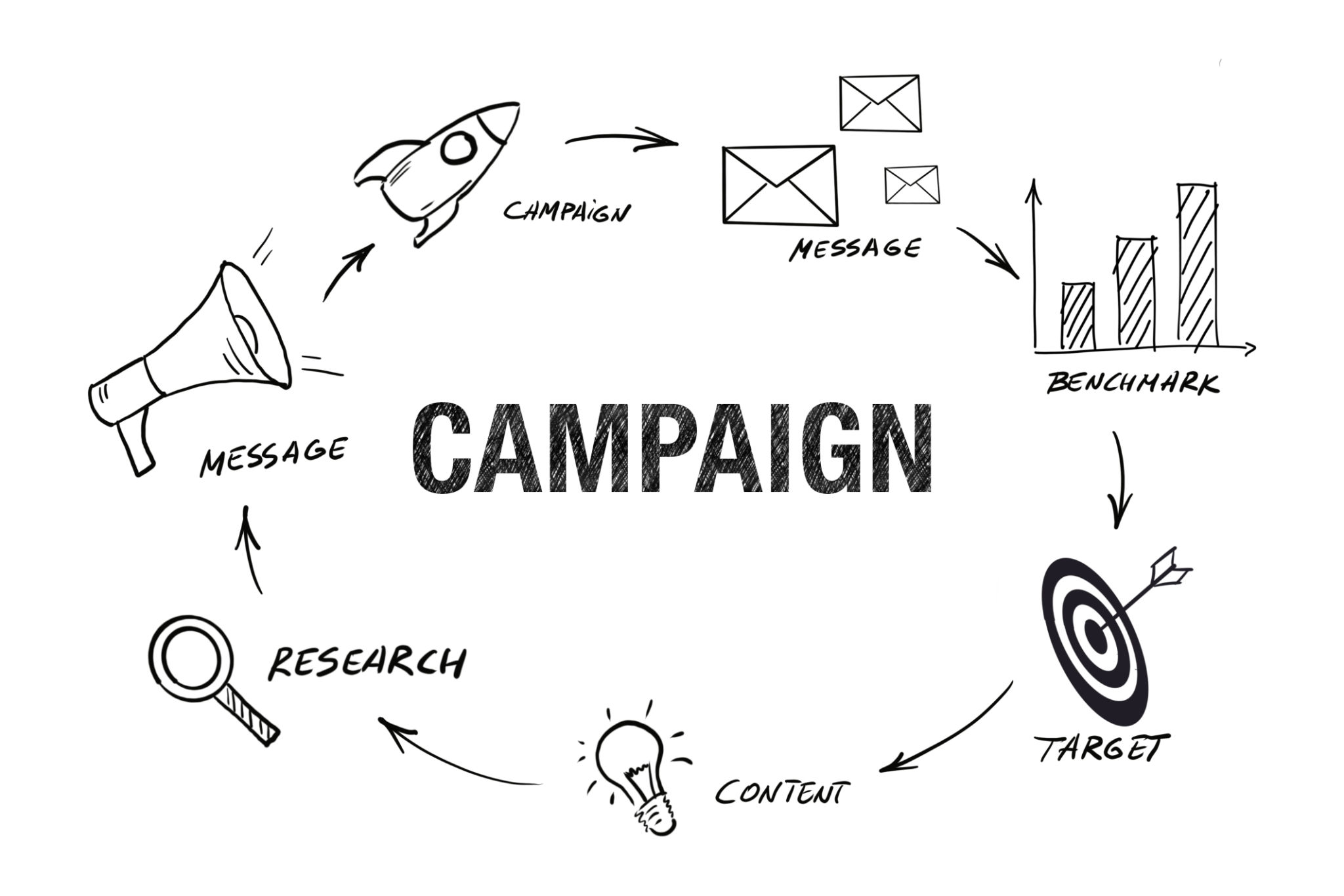Deciding Between a Full-Time Lifecycle Marketer and a Freelancer
Understanding the Role of a Lifecycle Marketer
The role of a lifecycle marketer is crucial in today’s data-driven marketing landscape. These professionals focus on optimizing the customer journey from initial awareness through to ongoing engagement and retention. This requires a deep understanding of customer behavior, data analytics, and personalized marketing strategies. Businesses looking to enhance their customer experience often find themselves deciding between hiring a full-time lifecycle marketer or a freelancer.

Benefits of Hiring a Full-Time Lifecycle Marketer
When Lifecycle ecosytem is working and nothing is going wrong, all would be quiet on the Lifecycle front. When something is wrong, for instance, Open Rate is under 20% or Deliverability is under 90%, the Lifecycle full-timer is here for rescue (troubleshooting and fixing). At moments like these, it's great to have the dedicated full-timer.
Additionally, having someone dedicated to the role ensures consistent attention to customer lifecycle strategies. This dedication often leads to more cohesive and integrated marketing efforts across various channels. Moreover, full-time employees are more likely to develop a deep understanding of your brand, products, and customer base, which can be invaluable for crafting personalized marketing campaigns.
Advantages of Choosing a Freelancer
On the other hand, hiring a freelance lifecycle marketer can be a flexible and cost-effective solution, especially for small businesses or startups with limited budgets. Freelancers offer the flexibility to scale up or down depending on the business needs, allowing for more budget-friendly options.
For instance, the average annual salary for a full-timer is about $150K with benefits. If you're sourcing a freelancer directly, it would be about $100-125/hour on average. For 40 hours a month, it'd cost your business $60K a year to have a part-time resource.

Freelancers often bring diverse experiences from working with multiple clients and industries, providing fresh perspectives and innovative ideas. This can be particularly beneficial when you're looking to revamp your marketing strategies or tackle specific projects without committing to a long-term salary expense.
Considerations When Making Your Decision
When choosing between a full-time lifecycle marketer and a freelancer, there are several considerations to keep in mind.
- Scope and complexity of your marketing needs. If your business requires continuous marketing efforts across multiple channels, a full-time hire might be more suitable. However, if you have short-term projects or require specialized expertise for specific campaigns, a freelancer could be the better choice.
2. Budget constraints also play a significant role in this decision. While freelancers can be more affordable initially, they might not provide the same level of commitment and integration as a full-time employee. Weighing potential cost savings against the need for consistent and strategic marketing efforts will help guide your decision.

Evaluating Experience and Expertise
Whether you opt for a full-time professional or a freelancer, it’s essential to evaluate their experience and expertise thoroughly. Look for candidates with proven track records in lifecycle marketing and strong analytical skills. Reviewing past projects and case studies can provide insight into their ability to deliver results that align with your business objectives.
Additionally, consider their familiarity with the tools and platforms you currently use or plan to integrate into your marketing strategy. A seamless transition and effective use of technology can significantly impact the success of your campaigns.
Conclusion
Deciding between a full-time lifecycle marketer and a freelancer comes down to your specific business needs, budget, and long-term goals. Each option has its own set of advantages and potential drawbacks, so it’s crucial to carefully assess which aligns best with your company’s vision for growth and customer engagement. By understanding the nuances of each choice, you can make an informed decision that drives your marketing success.
